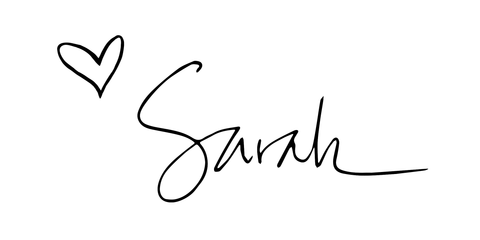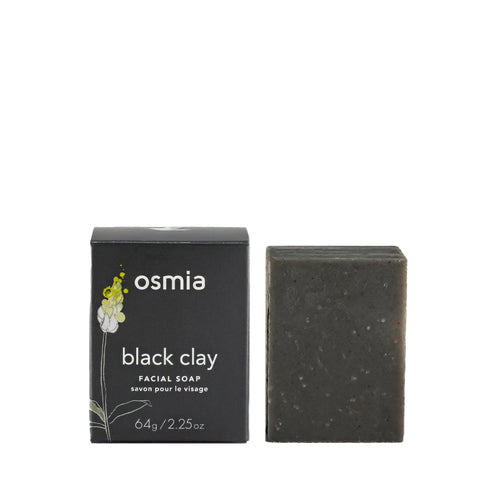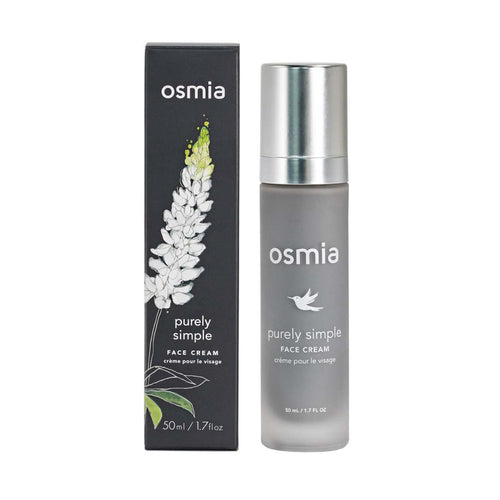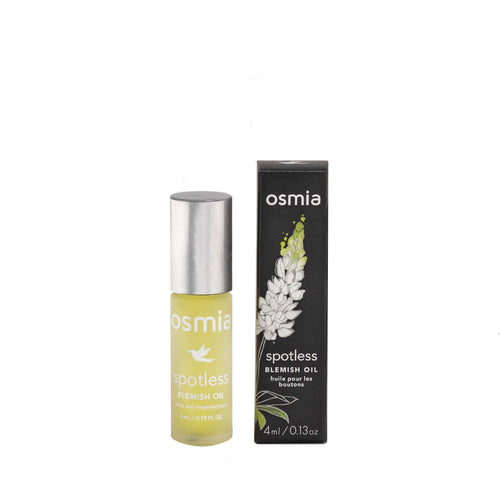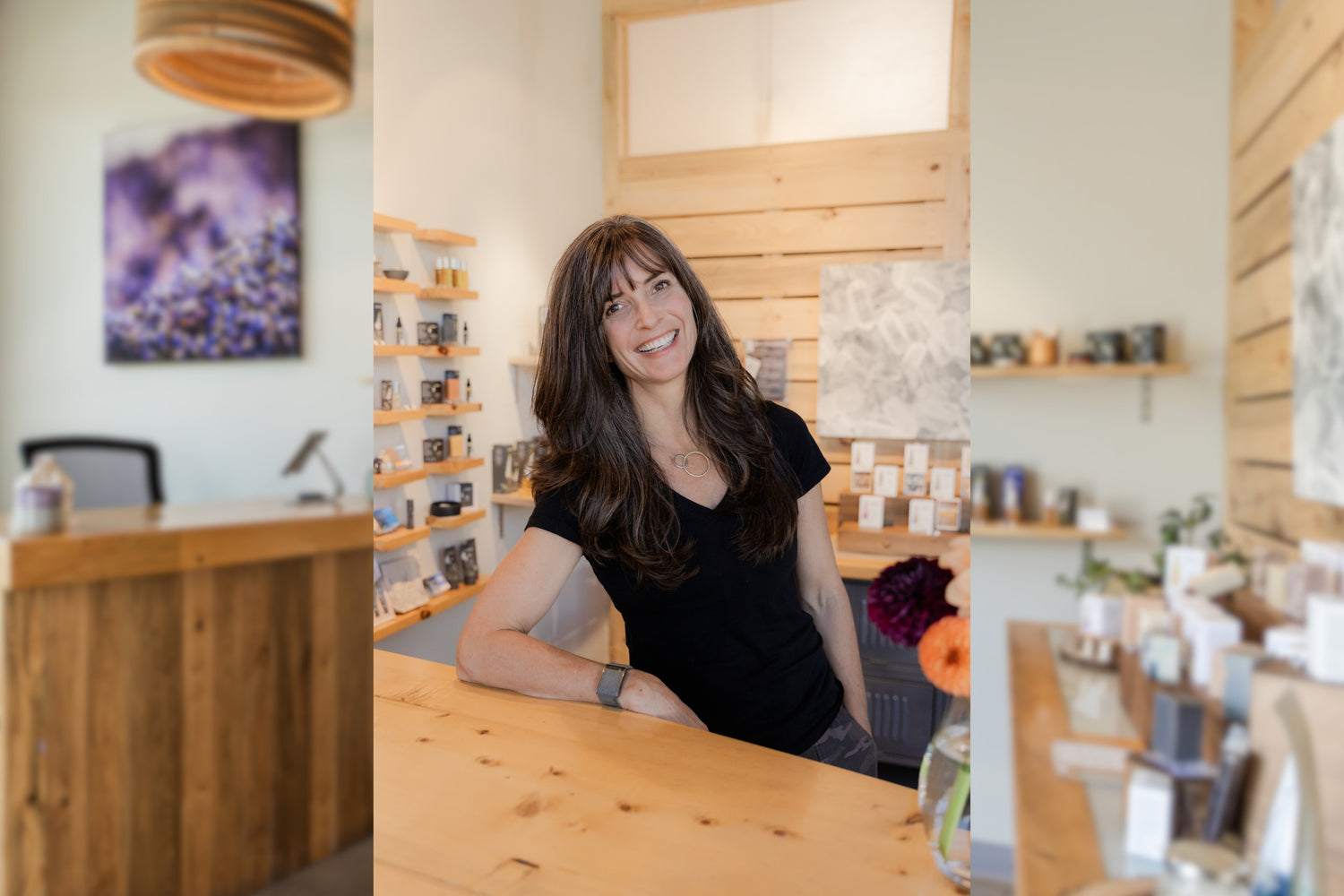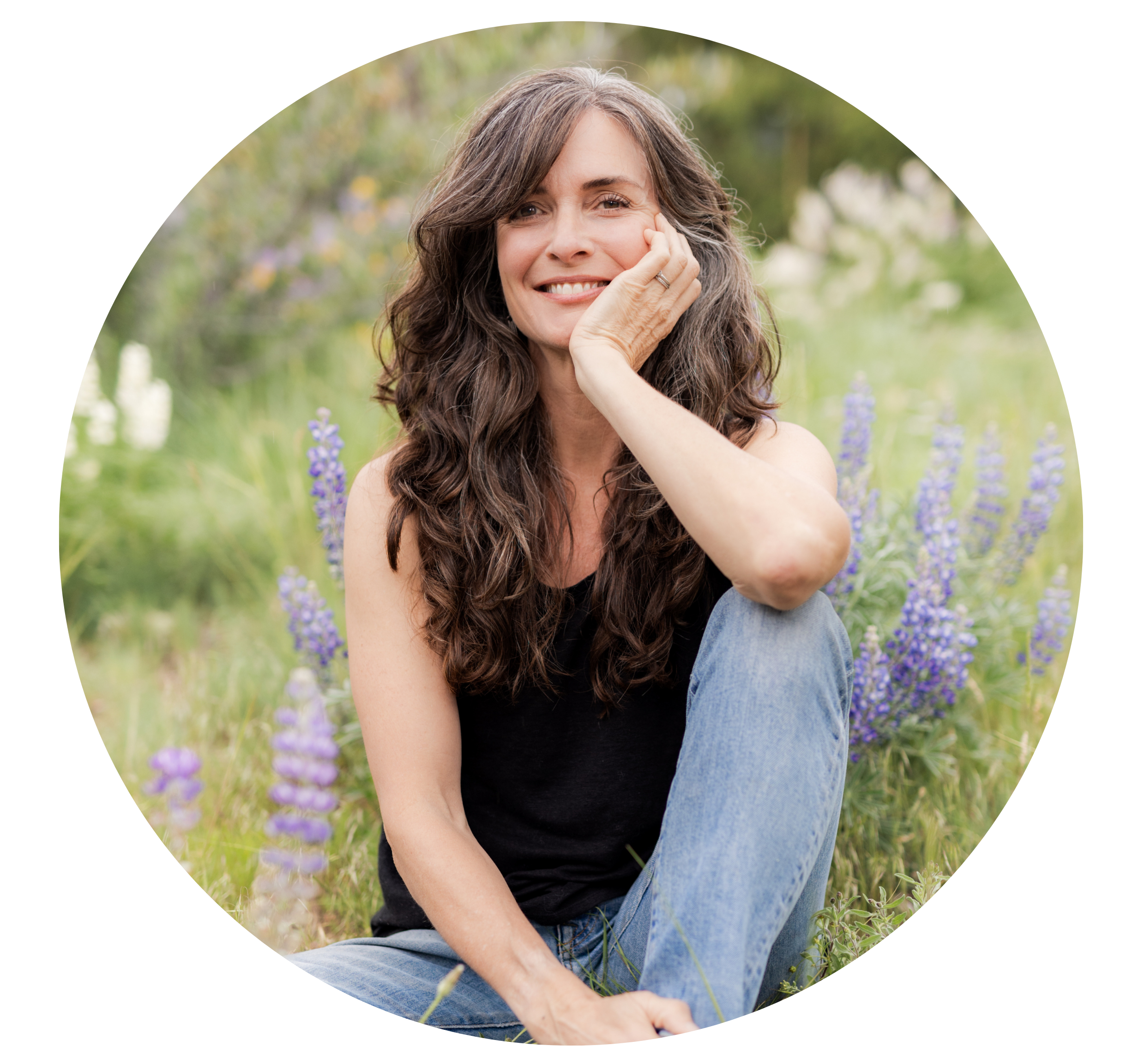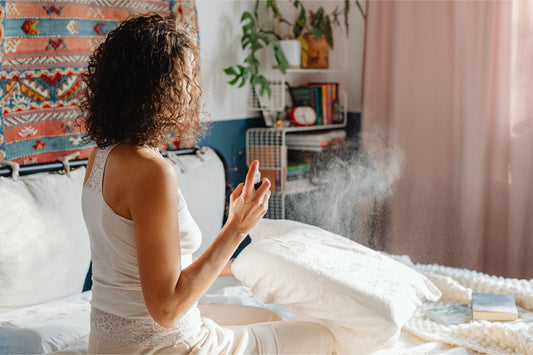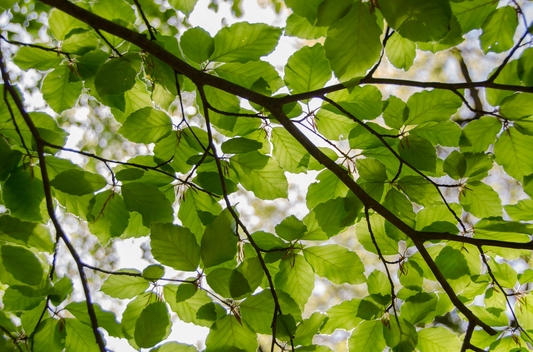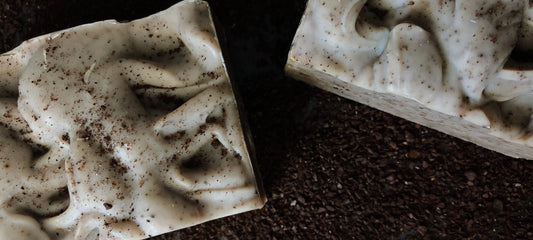The Secret About Beauty Secrets
When it comes to beauty secrets, here’s a controversial take: there aren’t any.
If there were an eye cream that actually got rid of dark circles (mostly genetic), a neck cream that dramatically improved the dreaded crepey texture we all get as we age, or an above-the-knee mask (yes, this exists) that improved the way your knees looked in downward dog, we would all know about it. Think of all the things you wish you didn’t know about but somehow do, courtesy of TikTok. If a product actually lived up to the hype, you’d know it!
In fact, we do know what works. As products go, sunscreen works to reduce the UVA damage that causes photoaging. Retinoids, if you’re lucky enough to tolerate them, increase cell turnover and improve skin texture. Vitamin C (let the debates about stability begin!) works to brighten and even out skin tone. Throw in an acid here and there, and be sure to “skin cycle,” the common sense term for giving your skin time to recover between active treatments. If you’re looking for more dramatic results, you’ll likely need to resort to a needle, a knife, or the repetitive zapping of a laser beam.
But the sisyphean social media scrolling in search of a commercially-available fountain of dermatological youth is a waste of time and energy unlike any other, and is fueled by the truly malignant trio of patriarchy, vanity, and insecurity. In turn, by continuing the quest, we are fueling the very beauty standards that many of us find unfair, oppressive, and exhausting. It’s a tough position we find ourselves in, isn’t it?
In my decade of practice as an emergency physician, I observed the many ways in which our daily patterns of nutrition, sleep, and stress management create or destroy our health over time. A more insidious habit? The way we talk to ourselves in the mirror. If the tone is critical, negative, and rooted in unrealistic expectations (which it is for the vast majority of us), the relationship to self becomes worse than toxic; it’s downright abusive, and it takes a terrible toll on us in a more-than-skin-deep way.
When I left the ER to start Osmia, I did so with the idea that I could help people solve skin problems like dermatitis and acne using ingredients that were better for their health and better for the planet. I hoped to inspire healthier daily habits with joy as the hook, rather than shame. I thought if a bar soap or body oil or face cream wove tiny filaments of delight through your days and weeks, it might help you excavate a kinder voice to use in the mirror. And if those products also helped you achieve healthier, happier skin, the supportive inner dialogue would become more accessible and authentic over time. Our products have done all of these wonderful things for many thousands of people. And yet.
I am a tiny fish swimming against a riptide in the beauty industry sea. The pollution of anti-aging culture swirls all around me. I find it especially suffocating when I consider how much my beautiful mother would have loved to live long enough to cultivate a few more wrinkles. I watch as customers get sucked in by false promises, trending ingredients, and handsomely-paid skinfluencers touting miraculous results. As I rewrite the copy on every single agency partner’s ads to convey beauty messages I feel proud to share with my two growing daughters, I feel a wisp of weary loneliness, and I am likely tempering the growth of my business.
But I simply can’t play the anti-aging game, even if it would sell more product, and I know am not actually alone. I can finally feel the swell of a rising community of women who are exhausted by being made to feel less-than, simply because of the normal physiologic changes that accompany the passage of time. When I stopped coloring my hair six years ago, I knew only a handful of women who were doing the same; today, there’s a huge number of #silversisters, including celebs like Andie MacDowell and Jane Fonda, proudly letting their silvers shine. Paulina Porizkova regularly bares her bare face in what feels (but shouldn’t) like an act of defiance. Even Pamela Anderson, who in years past has not been a poster-child for unaltered beauty, told us enough was enough at Paris Fashion Week this year.
In the end, maybe I’m wrong about beauty secrets, and there’s actually a big, juicy one ripening under our noses. We can get Botox if it makes us feel good, or we can let our crow’s feet come marching in with every smile. We can let our gray hair sparkle, or cover it up. We can use lovely skincare products to help our skin feel healthy and vibrant. But none of it matters if we’re not doing the communal work of changing the beauty standard. And that work starts in the mirror.
Let's do it together.
